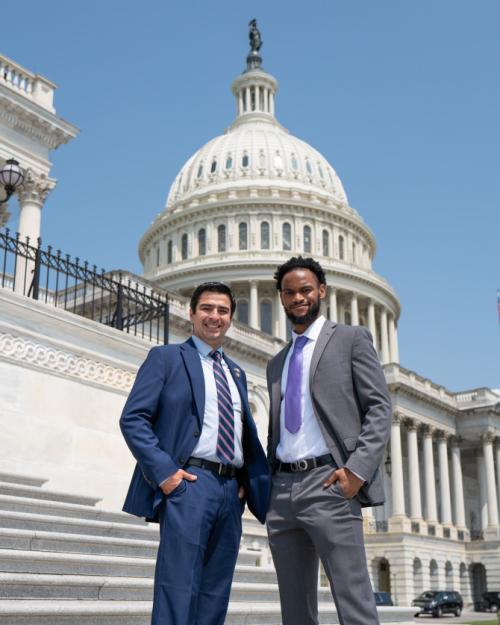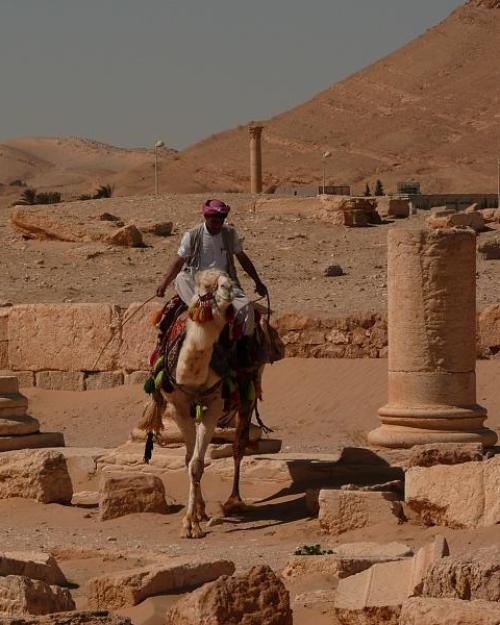After nearly 14 years of civil war and ISIS attacks, preservationists are pushing for the restoration of Syria's damaged and looted historical sites, hoping to attract tourists and revitalize the country's decimated economy.
Adam T. Smith, professor of anthropology inthe College of Arts & Sciences and director of the Cornell Institute of Archaeology and Material Studies, emphasizes that the first step must be establishing culpability and opening pathways for legal accountability. Smith says:
“The return of cultural heritage organizations will create considerable pressure to quickly restore sites and return them to the global heritage tourism circuit. Before restoration begins, there is important work to be done to document abuses of cultural heritage in violation of Syrian law and international treaty obligations.
“Forensic investigations of heritage abuse are vital to strengthening international mechanisms for deterrence. Without accountability for crimes against cultural sites, we know that they will be repeated. Currently, cultural sites are under sustained attack in Ukraine, Azerbaijan, western China, and other global locations. Securing accountability in Syria would mark a key step in establishing deterrence and protecting sites worldwide.”
Sturt Manning, professor of classical archaeology and chair of the Department of Classics (A&S), expresses concern that cuts in U.S. funding could hinder efforts to fully document and account for the losses to Syria’s cultural heritage. Manning says:
“The U.S. played a key role in efforts to preserve millennia of Syrian cultural heritage through civil war and ISIS destruction, helping undermine both dictatorship and barbaric nihilism in the present, while also attesting to a rich, plural, and alternative worldview for the long term. It is thus deeply concerning that the U.S. now abdicates its leadership in heritage protection by withdrawing its support for foreign aid and USAID.
"Cultural heritage can be wiped away in an instant if no one chooses to look after it and record who did what, when, and how. Heritage destruction robs humanity of our shared historical memory, enabling conquerors and dictators more easily to impose their version of the past, and to avoid responsibility for their actions.”
For interviews contact Ellen Leventry, (607) 882-5833, eel2@cornell.edu.




